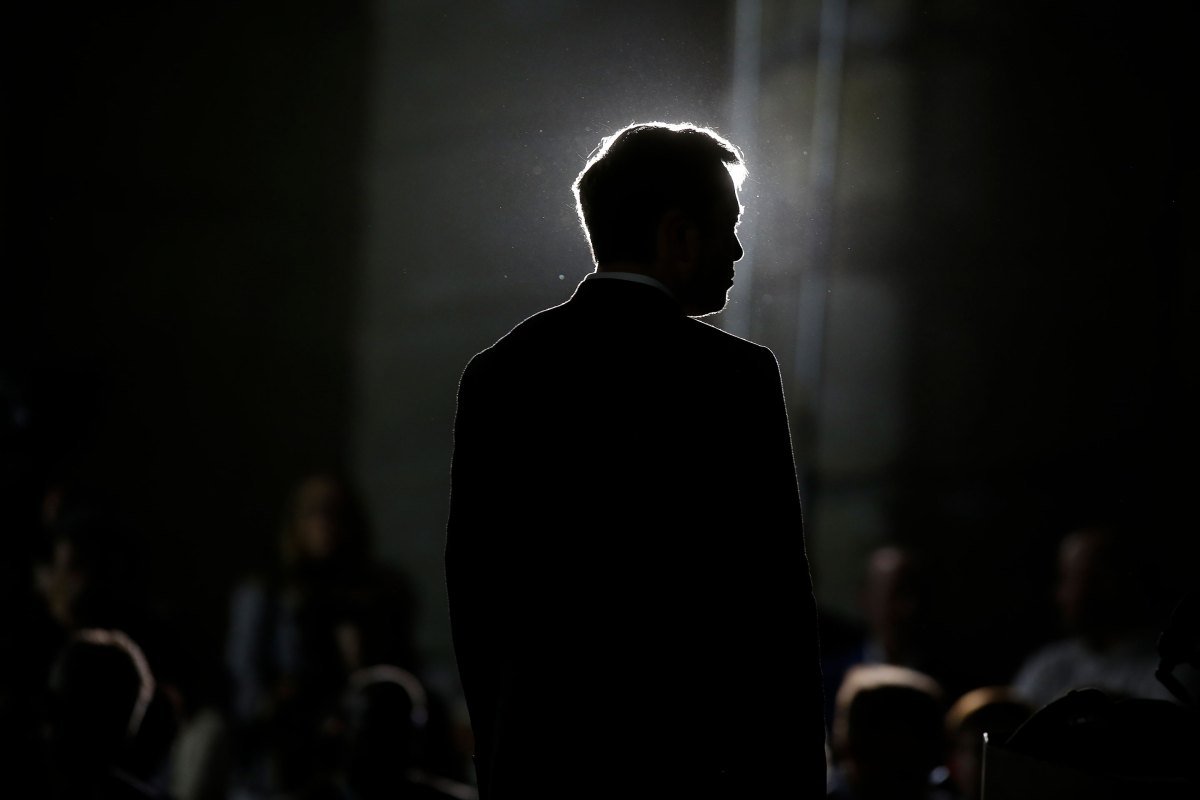
To receive this directly in your inbox every Wednesday sign up here.
The billionaires’ battle has reignited.
Elon Musk the wealthiest person on the planet has proposed purchasing the nonprofit organization overseeing OpenAI for a staggering $97.4 billion. Users can ask questions to the lamp, and it responds in Siri’s voice.
*AI for All?*: Altman authored an essay delving into how AI benefits are not equitably distributed and highlighted OpenAI’s receptiveness to novel concepts like a “compute budget” for broader AI utilization.
*Artificial Controversy*: Christie’s is set to host an exhibition dedicated to AI-generated art, sparking mixed reactions and a petition for cancellation.
*Google’s Golden AI*: Google DeepMind’s AI system outperformed gold medalists in solving geometry problems during a math competition.
**Research Paper of the Week**

A research team at MIT CSAIL discovered that over 50% of errors in top AI models originate from inaccurately labeled and ambiguous questions in popular benchmarks. There could also be questions raised about Musk’s financial capacity né?. The board will need to ensure that they are not underselling the nonprofit by transferring its assets, such as research intellectual property, to an insider like Altman at a reduced price.
OpenAI might argue that Musk’s offer constitutes a hostile takeover due to his less than amicable relationship with Altman. They propose reevaluating benchmarks to ensure model dependability.
**Model of the Week**

Boreal-HL is an AI video creator specializing in ordinary scenes like tourists eating ice cream or individuals at lunch meetings with a humorous twist.
Advancements in AI efficiency are rendering highly sophisticated models more affordable and easier to train. Be assured that Musk’s bid and the ongoing legal dispute against OpenAI promise some gripping legal battles ahead.
**News**

Apple introduced a research robot that functions like an evolved HomePod. In response, OpenAI CEO Sam Altman cheekily mentioned in a post on X, “Thanks, but we’ll pass – although we wouldn’t mind taking Twitter for $9.74 billion.” Musk and investors acquired Twitter for $44 billion in 2022.
Despite the uncertainty around Musk’s bid, it could complicate OpenAI’s plans to transition into a for-profit public benefit corporation within two years né?. A study by researchers at Shanghai Jiao Tong University and SII indicated that a model trained on 817 samples outperformed those trained on data 100 times larger.
Stay tuned for further exciting developments in the realm of AI.. OpenAI’s board responded by stating that the bid does not establish a value for the nonprofit and that it is not up for sale.
In a statement released on Tuesday, Andy Nussbaum, speaking on behalf of OpenAI’s board, highlighted that Musk’s bid does not align with what is best for OpenAI’s mission.
My colleague Maxwell Zeff and I penned a comprehensive piece outlining what to anticipate in the forthcoming weeks. Greetings, readers, welcome to the newest edition of the AI newsletter from TechCrunch


